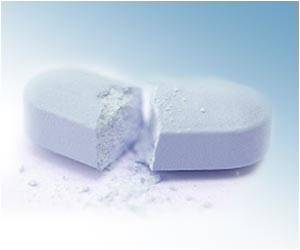“We hope to test clofazimine in a Phase 2 clinical trial as soon as possible for people who test positive for Covid-19 but are not hospitalized. Since there is currently no outpatient treatment available for these individuals, clofazimine may help reduce the impact of the disease, which is particularly important now as we see new variants of the virus emerge and against which the current vaccines appear less efficacious,” Chanda added.
‘The leprosy drug clofazimine exhibits potent antiviral activities against SARS-CoV-2 and prevents the exaggerated inflammatory response associated with severe Covid-19.
’
A Phase 2 trial evaluating clofazimine in combination with interferon beta-1b as a treatment for people with Covid-19 who are hospitalized is ongoing at the University of Hong Kong.
Interferon beta-1b is an immunoregulator that is given as an injection and is currently used to treat people with multiple sclerosis.
Clofazimine was initially identified by screening one of the world’s largest collections of known drugs for their ability to block the replication of SARS-CoV-2.
The team previously reported that clofazimine was one of 21 drugs effective in vitro, or in a lab dish, at concentrations that could most likely be safely achieved in patients.
In this study, published in the journal Nature, the team tested clofazimine in hamsters — an animal model for Covid-19 — that were infected with SARS-CoV-2.
They found that clofazimine lowered the amount of virus in the lungs, including when given to healthy animals prior to infection (prophylactically). The drug also reduced lung damage and prevented “cytokine storm,” an overwhelming inflammatory response to SARS-CoV-2 that can be deadly.
Clofazimine also worked synergistically with remdesivir, the current standard-of-care treatment for people who are hospitalized due to Covid-19, when given to hamsters infected with SARS-CoV-2.
These findings suggest a potential opportunity to stretch the availability of remdesivir, which is costly and in limited supply.
Source: IANS



